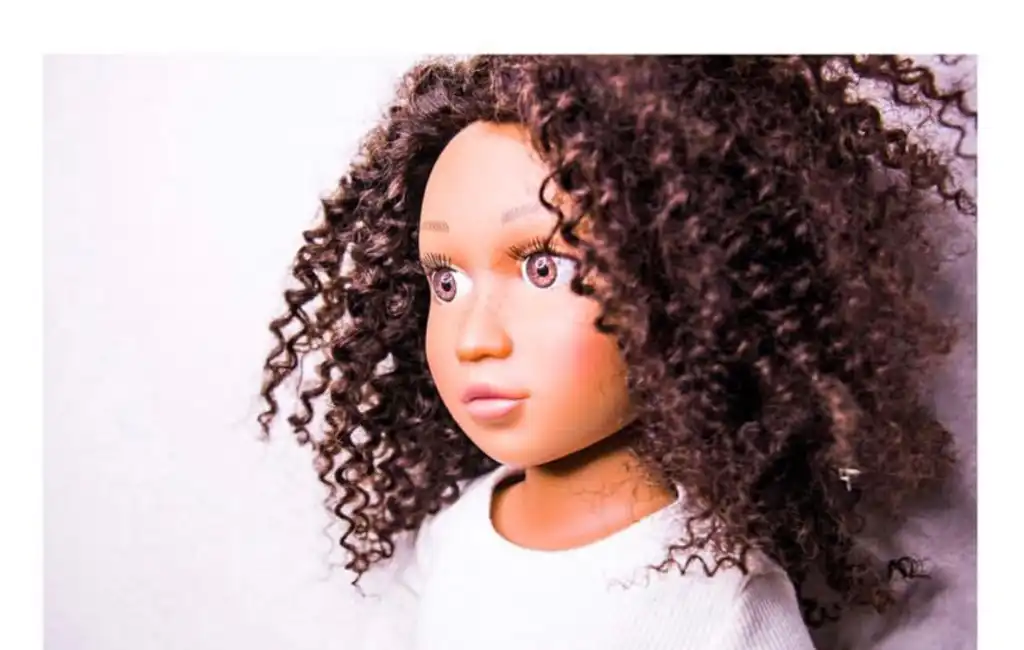PDX Pet Design – Cat Toys and Grooming
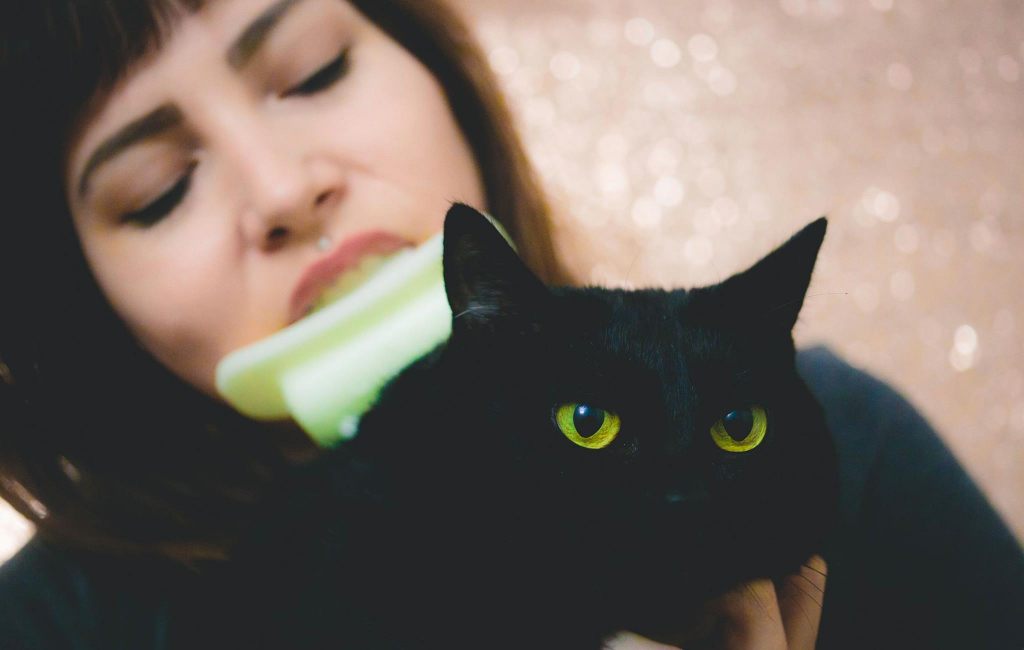
NO DEAL
EPISODE SUMMARY
🕓 Air Date: January 6, 2017
Asking For:
$300,000 for 15%
Investor:
No Deal
Deal:
No Deal
PRODUCT SUMMARY
PDX Pet Design presents innovative cat products, featuring SHRU, an intelligent cat companion, and LICKI Brush, a tongue-shaped brush for human-cat bonding.
WATCH HERE
IN A RUSH?
Click these to jump to the section you want to read.
Background Story
Tara and Jason, the entrepreneurial duo behind PDX Pet Design, share a modern love story that led to the creation of innovative cat products. Both Tara and Jason hail from a generation that grew up online, and their paths crossed in the digital realm. Their online connection evolved into marriage, and, as often happens, their family expanded—through the adoption of more cats. Their firsthand experience as pet owners exposed a common frustration: conventional cat toys were colorful and cute but failed to engage feline attention beyond a mere five minutes.

Driven by a passion for improving the lives of their feline companions, Tara and Jason decided to address this issue. Drawing from their backgrounds—Tara with a focus on business management and a delve into neuroscience during her academic journey, and Jason as an electrical engineer—they embarked on a mission to redefine the pet product market. The inspiration for their first product, SHRU, stemmed from a desire to create an intelligent cat companion. SHRU, as demonstrated in the pitch, mimics the motion of small animals to trigger a cat’s hunting instincts, promising extended playtime engagement.
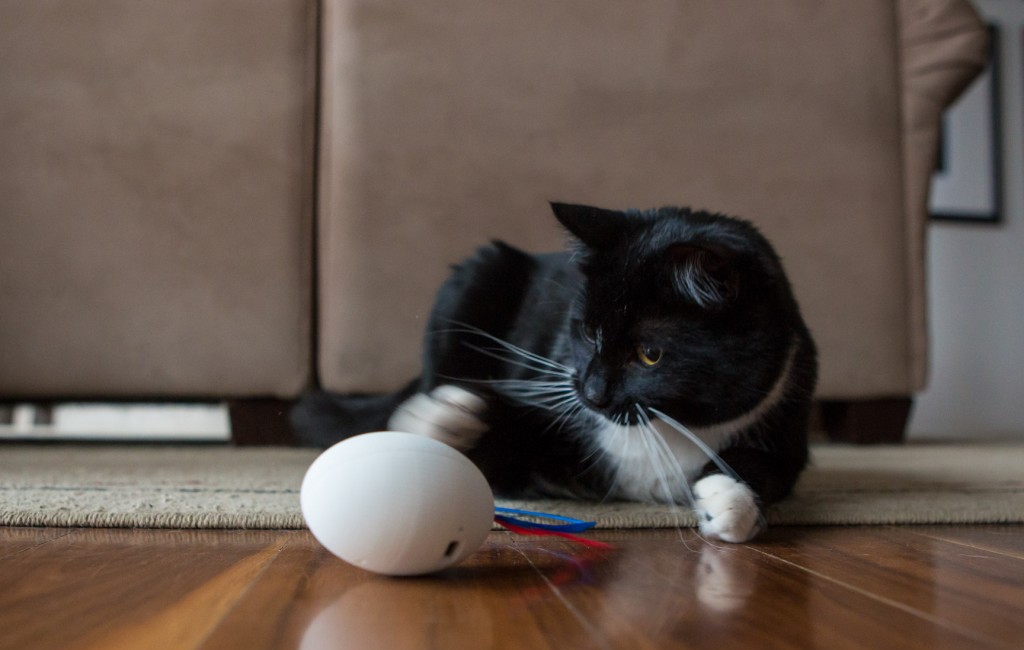
Additionally, recognizing the social bonding aspect of cat grooming, the couple introduced LICKI Brush. This tongue-shaped brush allows owners to simulate the grooming experience, strengthening the bond between humans and their feline friends. Their unique approach and commitment to hands-on involvement in every aspect of product development showcase a passion for their mission. This dedication is emphasized by Jason’s role as the creator of SHRU and LICKI Brush, with no outsourcing involved. The couple’s quirky yet genuine pitch on “Shark Tank” reflects not only their innovative products but also their deep connection to the feline world.
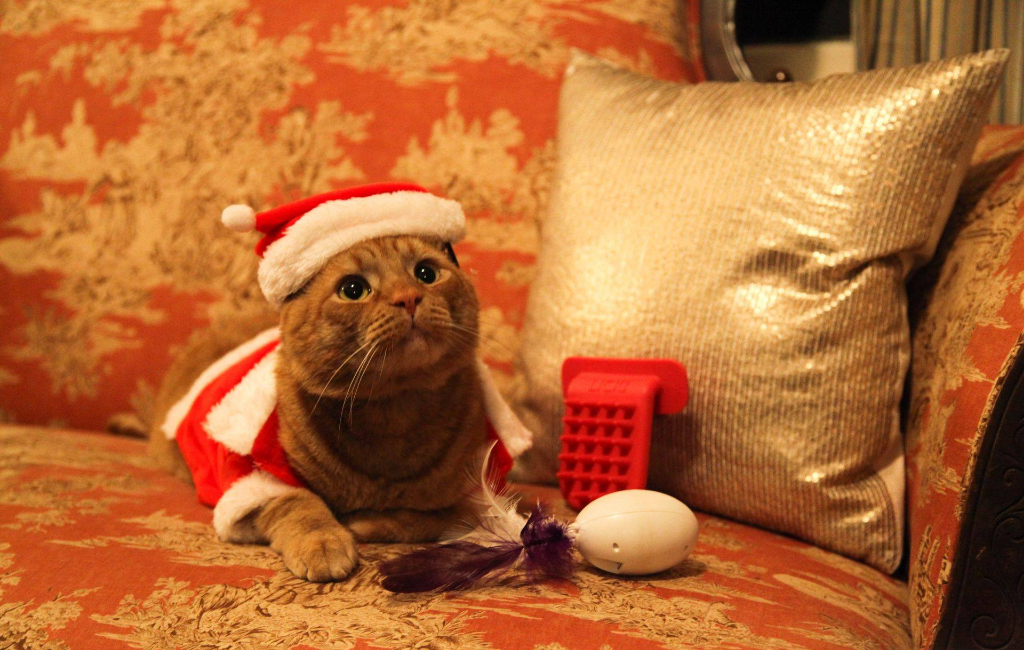
The Product
PDX Pet Design’s flagship products, SHRU and LICKI Brush, are innovative solutions designed to enhance the well-being of feline companions.
SHRU: Priced at $119, SHRU operates as an intelligent cat companion that addresses the common issue of short-lived engagement with traditional cat toys. It ingeniously mimics the motion of small animals, effectively triggering a cat’s hunting instincts and providing extended playtime engagement. The product features advanced technology, including reconfigurability, making it an enticing option for cat owners seeking a solution to keep their pets entertained. SHRU can be purchased directly from PDX Pet Design, offering a unique and interactive experience for cats when owners are away.
LICKI Brush: Priced at $19 (pre-order) and $25 (MSRP), LICKI Brush is a tongue-shaped grooming tool designed to foster intimate bonding between humans and their feline friends. The product aims to simulate the grooming experience of a mama cat, allowing owners to participate in this social bonding ritual. Despite the humorous pitch, LICKI Brush serves a practical purpose, providing an unconventional yet endearing way for cat owners to connect with their pets on a deeper level. Available for pre-order and future retail purchase, LICKI Brush introduces a playful and unique approach to the age-old activity of cat grooming, emphasizing the importance of strengthening the human-animal bond.
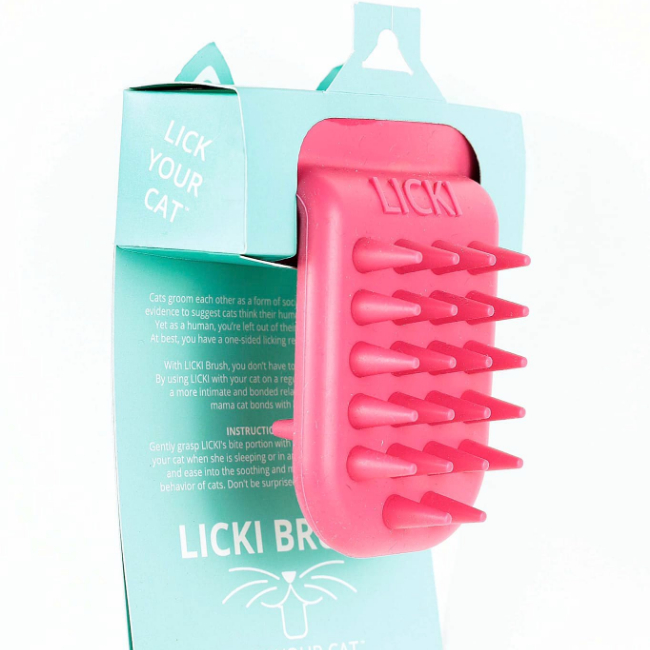
How It Went
The company’s position before Shark Tank
PDX Pet Design’s performance, as gleaned from the “Shark Tank” episode, provides insights into its position and approach, though specific details on partners, wholesalers, and financials were not extensively covered. The founders reported sales figures of approximately $250,000 for SHRU and $52,000 for LICKI Brush. However, the Sharks raised concerns about the apparent gap between the claimed viral success and the actual sales figures. The founders projected a total sales figure of $180,000 for the year, justifying their $2 million valuation based on anticipated future revenues and potential viral growth.
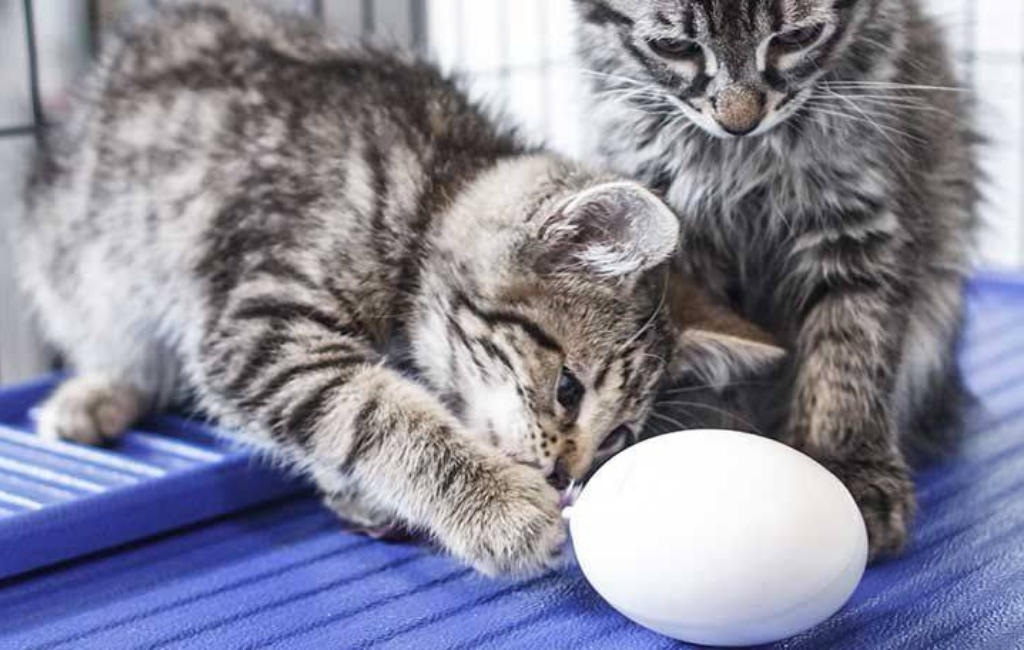
The company’s structure emphasizes a hands-on approach, with Tara and Jason handling various aspects of product development in-house, including contracting and engineering. The Sharks, including Lori Greiner, Robert Herjavec, Daymond John, Mark Cuban, and Kevin O’Leary, declined to invest during the episode, expressing concerns about the high valuation and limited proof of concept. The founders left the tank without securing a deal but conveyed their determination and revealed pending purchase orders and backup plans.

The funding details, profits and losses, and available capital weren’t explicitly mentioned in the episode, leaving gaps in understanding the company’s financial health comprehensively. Despite the episode outcome, PDX Pet Design demonstrated resilience and determination, suggesting a commitment to future growth and development.
The Negotiations:
The negotiations for PDX Pet Design on “Shark Tank” took an unexpected turn as the founders, Tara and Jason, faced a panel of skeptical Sharks. The pitch began with a lighthearted demonstration of their unique product, LICKI Brush, creating a humorous atmosphere. However, the humor didn’t overshadow the Sharks’ concerns about the company’s valuation and sales performance. The Sharks, including Lori Greiner, Robert Herjavec, Daymond John, Mark Cuban, and Kevin O’Leary, expressed reservations about the $300,000 asking price for a 15% equity stake. Kevin O’Leary, known for his straightforward approach, criticized the founders for requesting a substantial amount too soon, and Mark Cuban questioned the sales figures relative to the viral success claimed by the founders.
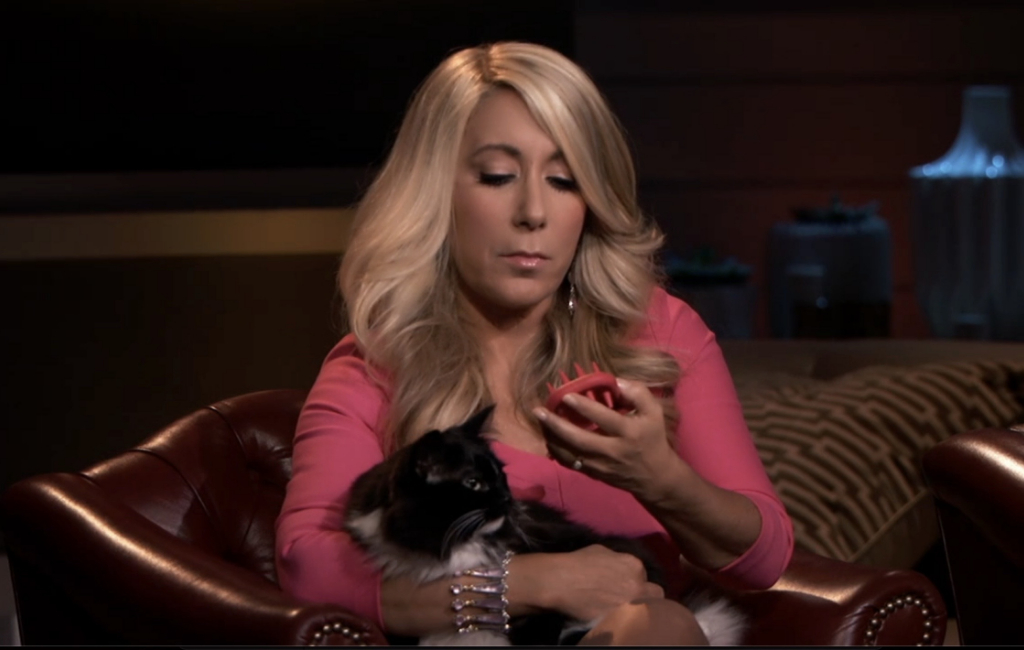
Despite the founders’ projection of future revenues and the potential for viral growth, the Sharks collectively decided not to invest in PDX Pet Design. Lori Greiner, Robert Herjavec, Daymond John, and Mark Cuban, one after another, expressed their reasons for opting out, citing concerns about the high valuation and the limited proof of concept. Kevin O’Leary, in his characteristic blunt style, mentioned his worry about the return on investment, and ultimately, he also decided to pass on the opportunity.
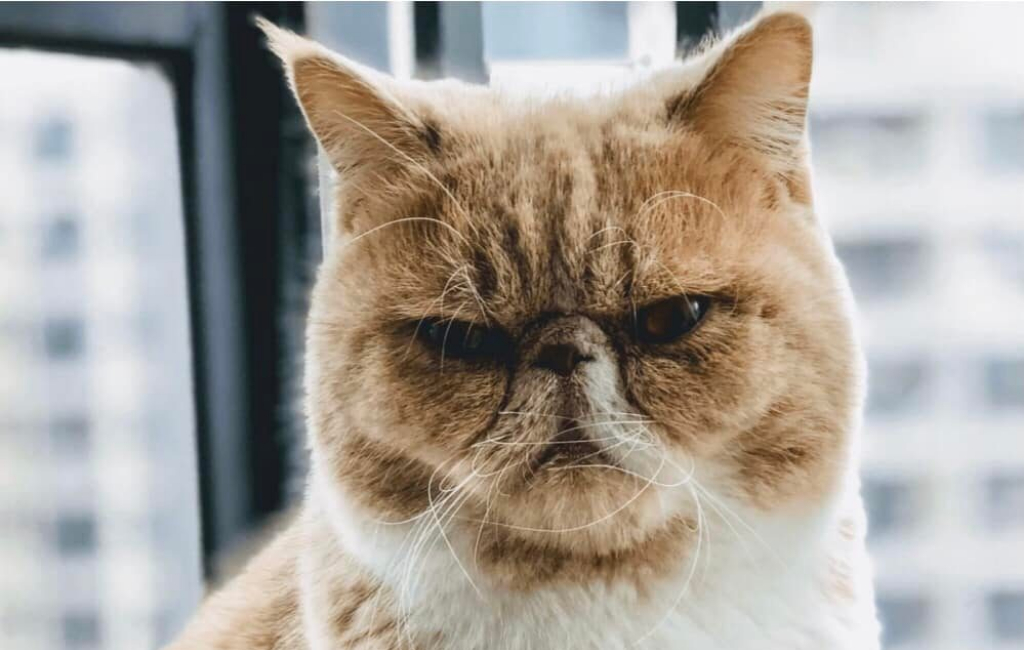
The founders left the tank without a deal, acknowledging the disappointment but expressing determination to move forward with pending purchase orders and backup plans. The negotiations highlighted the challenge of balancing a high valuation with tangible sales results, and while the Sharks appreciated the unique approach of the founders, they ultimately couldn’t see the justification for the requested investment at that stage of the company’s development.






